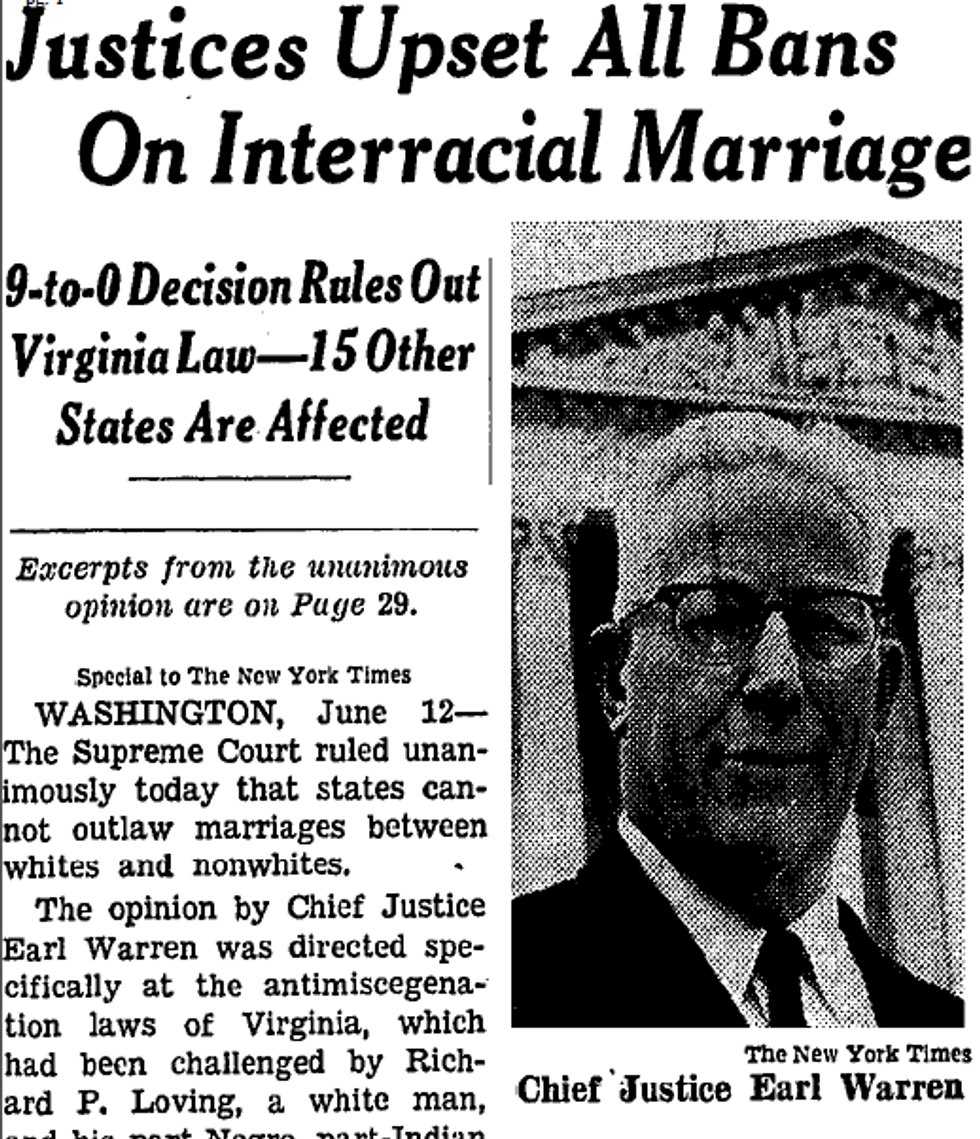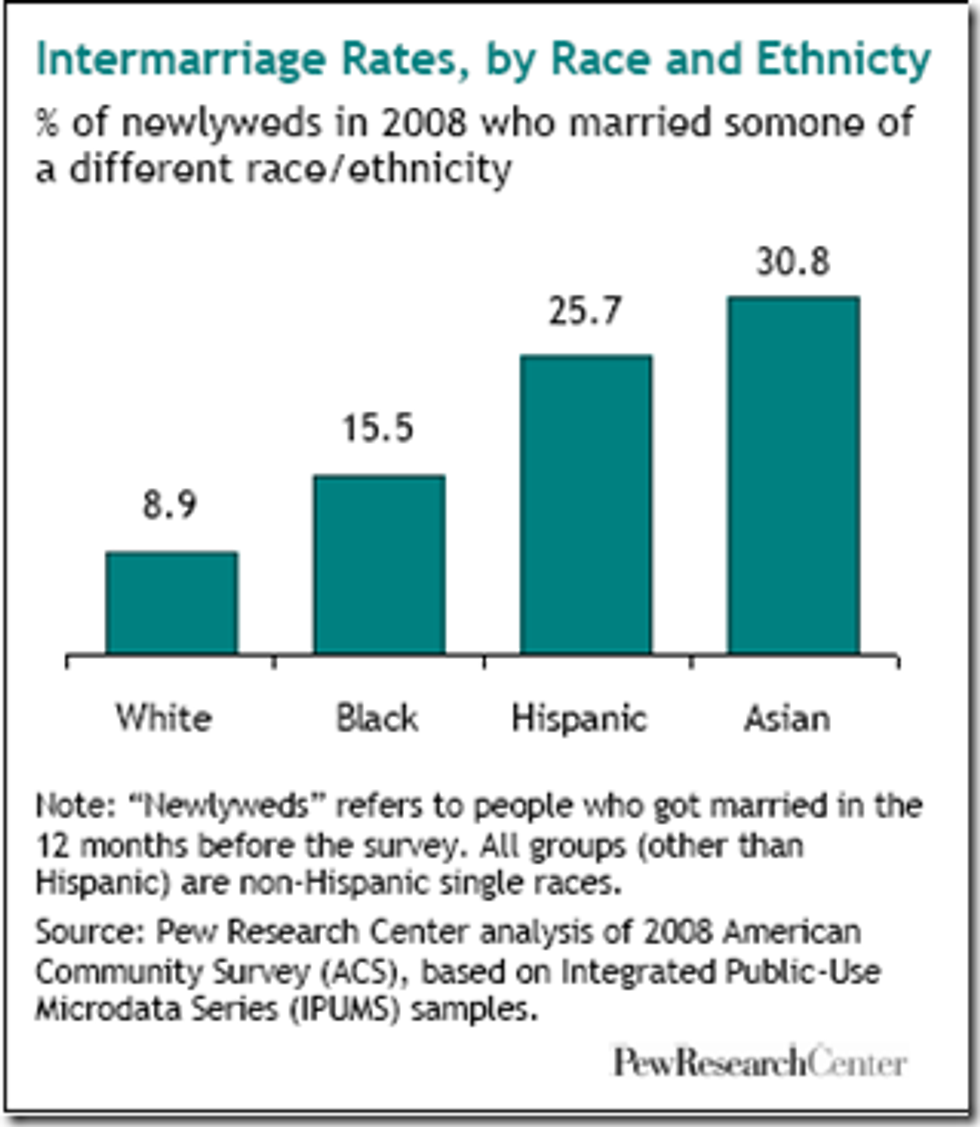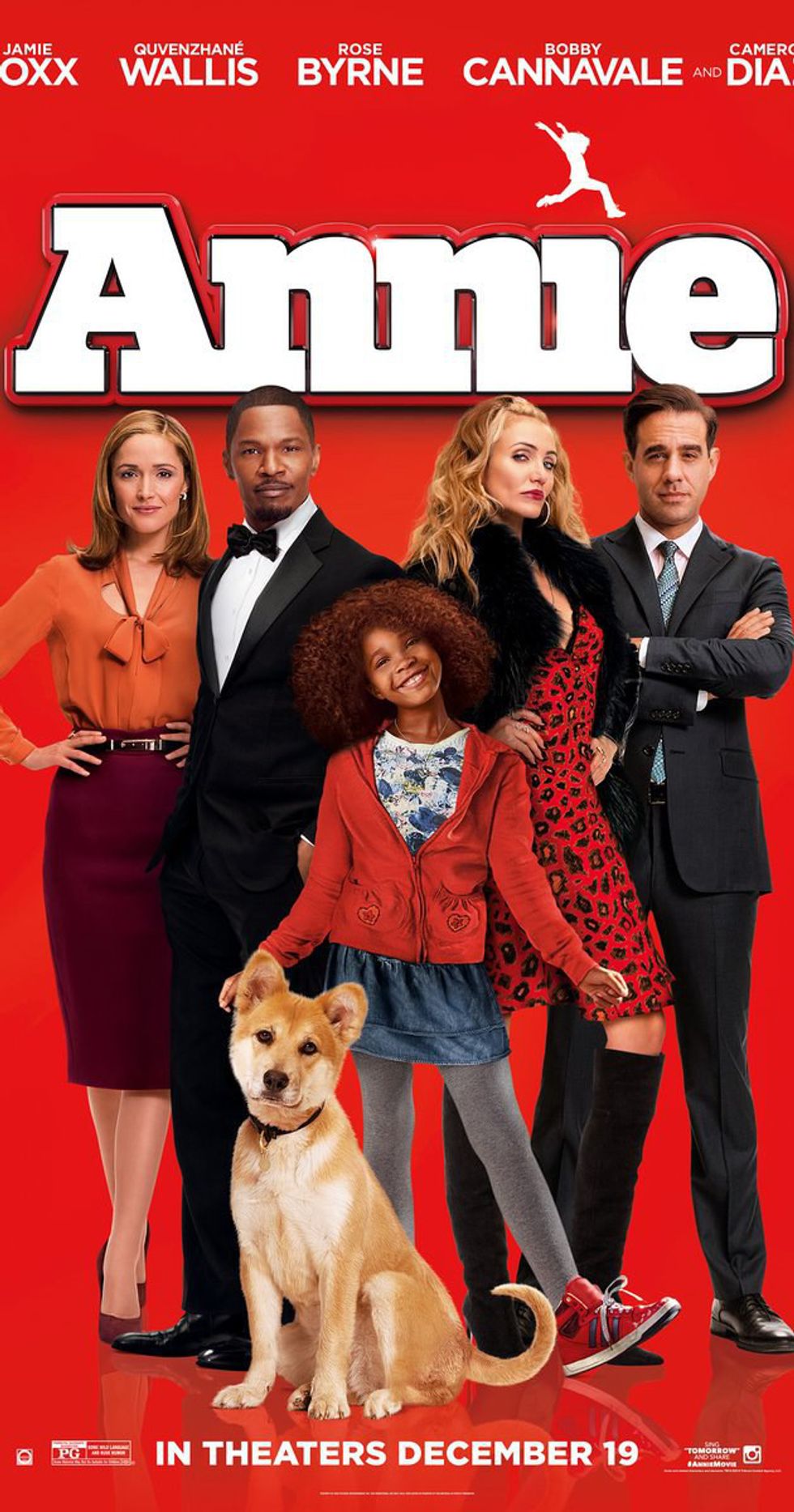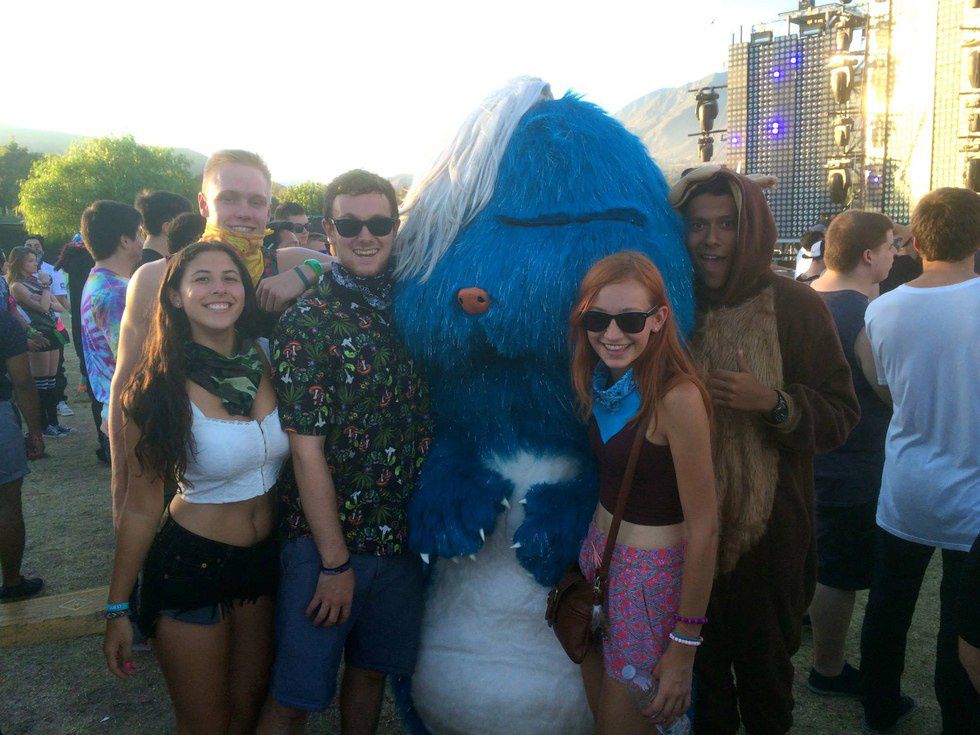June 12th, 1967. In a landmark case, the Supreme Court decreed that States could not impede upon individuals' right to marry based on race. 46 years later in 2013, only 12 percent of new marriages in the United States were between spouses of different races. Overall, the divorce rate among interracial couples is higher than the rate found for those who "marry in". We also tend to see ourselves as most similar to those within our race and share little with those outside.
Setting a bleak reality for those who are currently in a relationship with someone of a different race, these statistics suggest that there are obstacles that particularly affect interracial couples. While this certainly comes as no surprise, this article is intended to help people find long-term success in an interracial relationship.
Disclaimer*: Just like there are many combinations that can make a couple "interracial", there is a multitude of ways in which to maintain a healthy interracial partnership. This article is grounded in my own personal experience and some basic data. I am neither advocating for or against interracial marriage for you the reader, though I do strongly believe in the benefits of a diverse and multiracial society.
If you're like me, a person of color who grew up in a white suburb, chances are you had the privilege to hold a more ignorant outlook on race relations in the United States. While there were certainly things in the back of my mind that felt wrong, I couldn't identify or describe them. This naivete led me to believe in an idealistic color-blind world during most of my high school years. I didn't know how to claim issue with the segregation in my school between friend groups, accelerated and non-accelerated courses, and who made the honor roll; I was admittedly oblivious. Upon entering my first year of college, I was rapidly forced to come to terms with the very real dystopia that is the current state of our world. At the same time, I entered my first interracial relationship.
My previous ignorance to systemic injustice and lack of equity (or equality for that matter) led me to a few eye-opening revelations over the course of the relationship. The first time I went to visit my girlfriend of the time in her even more predominantly white and wealthy community, I was taken aback by many of the looks we received while holding hands. In my "perfect" hometown, I had never noticed interracial couples being seen as different. In this foreign environment, however, with a growing level of wokeness, the amount of eyebrow-raising, genuine looks of confusion, and annoyance was unsettling. Only 6.3 percent of all marriages in the United States are between couples of different races, so you will undoubtedly be receiving dumbfounded looks at some point or another. This is a more nuanced complication, but it can often leave you feeling uneasy. Knowing your relationship will not be seen as the norm can help to fend off a lack of self-worth and feelings of insecurity within your relationship.
Not only should you expect to receive confusion and surprise, you may also encounter implicit and explicit forms of racism from your partner's friends and family. An example I can personally give is one that involves sushi and Little Orphan Annie. It was to be the first time I met my partner's closest circle of friends. More of catching up for them, I was ignored and quite frankly forgotten about. I assume this because, in front of me, a dark-skinned Latino, they began talking about their distaste for the new Annie film. Traditionally played by a young white girl, the role was cast to a black actress. Disappointed over fictional melanin, they all shared why they felt the character should remain white. Uncomfortable instances like this will likely happen to you when spending time with your partner's social circles. Whether you have the energy to address the issue is solely up to you. I don't know how your week has been, so I can't advise you one way or another, but consider addressing problematic actions, thoughts and words if you can.
On the opposite end, you may also find yourself as the token individual in the room. At a family dinner, I was assumed to be an expert on all things Latinx. "Do they prefer Hispanic or Latino?" "How do they really feel about Trump?" Well, it really just depends on who you ask. Assuming every Latinx person has the same view on a clearly subjective issue is implicitly racist in itself. I don't ask you if white people prefer Caucasian or white. I ask what your opinion on the issue. In these situations, it is again difficult to offer genuinely helpful advice. Wanting to make a good impression but also maintain your beliefs, it depends on what you are comfortable with. There's no right answer here, just be aware that you will find yourself in this situation at some point or another. If you're attending a liberal arts school, you're probably already used to being one-of-a-kind in some of your own social circles already. Employ the same tactics with your partner's friends and family with the caveat of wanting to make a good impression.
While this next obstacle is largely based in class, we know that class and race go hand in hand. No matter what the media or others tell you, do not feel pressured to woo your partner with gifts. While many people may be accustomed to receiving materialistic goods as a way of courting, it creates potential race and class barriers in a relationship. Though I have incredible privilege in my family's economic standing, it paled in comparison to my partner's. As a result, I spent money I really didn't have in order to impress her with familiarity. It was an injustice to both of us as it took resources from me, and reinforced the idea that material wealth is a foundational form of love. While gifts can certainly express your feelings for an individual, they should not be critical to the relationship. Spending money you don't have only perpetuates economic barriers between interracial relationships. If you find yourself in the opposite position, remind your partner of your appreciation for their other expressions of love as well.
Though a curious partner is certainly a good thing in terms of their willingness to learn about the complexities of racism in the United States, it can become taxing. This applies for all interracial couples, even if the relationship is between two people of color (POC). While POC share similar experiences, they are not the same. To assume the experience of a black male is the same as a trans-Asian is just as ignorant as assuming whites hold no privilege over the broader minority community. You will have differences, no matter your race and genders. You will both ask and receive questions from one another about experiences unique to you. Share that with which you are comfortable answering. You are not their one and only resource for their questions, however receiving an answer from a loved one is better than searching on the internet. If you feel you can't answer their questions, kindly remind them of Google and share your favorite resources on the subject.
Finally, be sure that you truly care for the person. An interracial relationship is even more taxing than one between same-race couples. If the particular individual you're with isn't worth the additional burden, don't force the relationship. However, don't let that relationship define all interracial partnerships for you. Of course, it can be worth it when you're with the right person, just like any other type of connection.
Keeping these basic obstacles in mind and developing strategies for addressing them, you can go on making the world a more mixed and beautiful place than you found it.


























